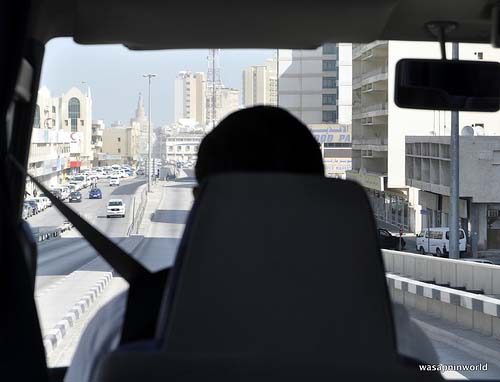
Most expats who violate labor laws in Qatar aren’t aware of them, the director of the Search and Follow Up Department of the Ministry of Interior, which tracks and takes action against such offenders, has told the Peninsula.
“The law says every expatriate worker should do the job for which he has been brought in and he is not allowed to do other jobs,” said Col. Nasser Mohammed Al Sayed, who described to the newspaper his team’s efforts at weeding out violators and laid out a labyrinth of rules regarding residency in Qatar.
Here are some highlights:
- If expats face any problem, they should go to the MOI. “We will help solve the issue. But if one violates the law, he will become part of the targeted group.” Fines and deportation are usually the penalties for violating the law.
- People who come to Qatar and stay for for six months or more without obtaining a residence permit will be deported immediately if they are caught because their stay is illegal. They will also be made to pay a fine for overstaying.
- Anyone coming to Qatar seeking a residence permit should start the procedures within seven days of the date of entry. There is a three-month grace period for completing the procedures and anyone who exceeds this limit should have to pay the fine.
- Those who come to Qatar on one-month visitor visas must leave the country before it expires, or will have to pay a QR200/day fine for overstaying. Those who don’t pay the fine will not be allowed back in the country.
- When conducting inspections, the MOI has begun using a handheld device. “Using fingerprints, the device can give all data about a person in 20 seconds and we can know if he has a valid RP or he has run away from his sponsor.”
- The MOI will not enter private homes to search for runaway workers without permission from the Public Prosecution.
- The number of detainees housed in MOI facilities “is difficult to give accurate data about… because the movement is continuous and their departure is immediate. Our offices are working 24 hours, seven days a week with no holidays or weekly day off.” The official added that the MOI is expanding its facilities to extend to female detainees, and that inmates “eat three meals daily from the best restaurants.” There are also sports facilities and free laundry and barber services.
- In terms of court procedures, expats have a right to appeal decisions made against them. Those with children in school may be allowed to stay through the school year before being deported. And those who are married may have their spouse visit them in detention for up to two hours a week.
Read the full interview in the Peninsula here.
Thoughts?
Credit: Photo by wasapninworld







